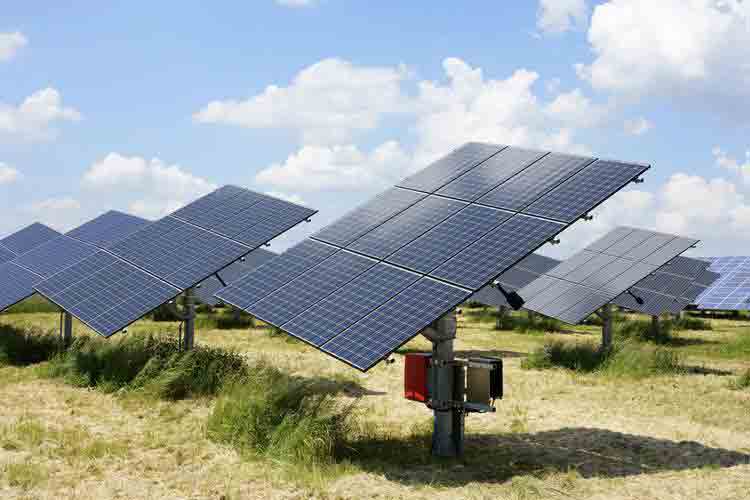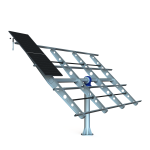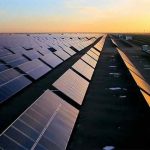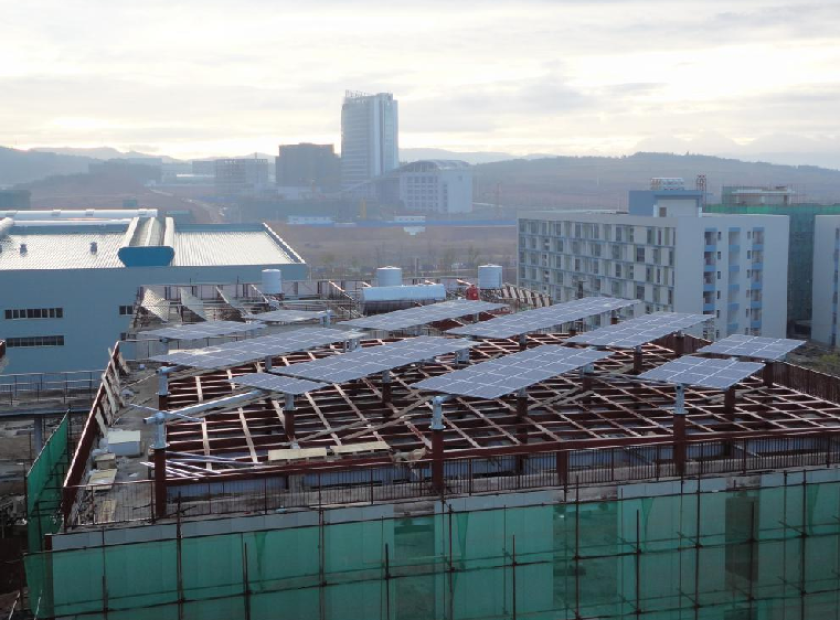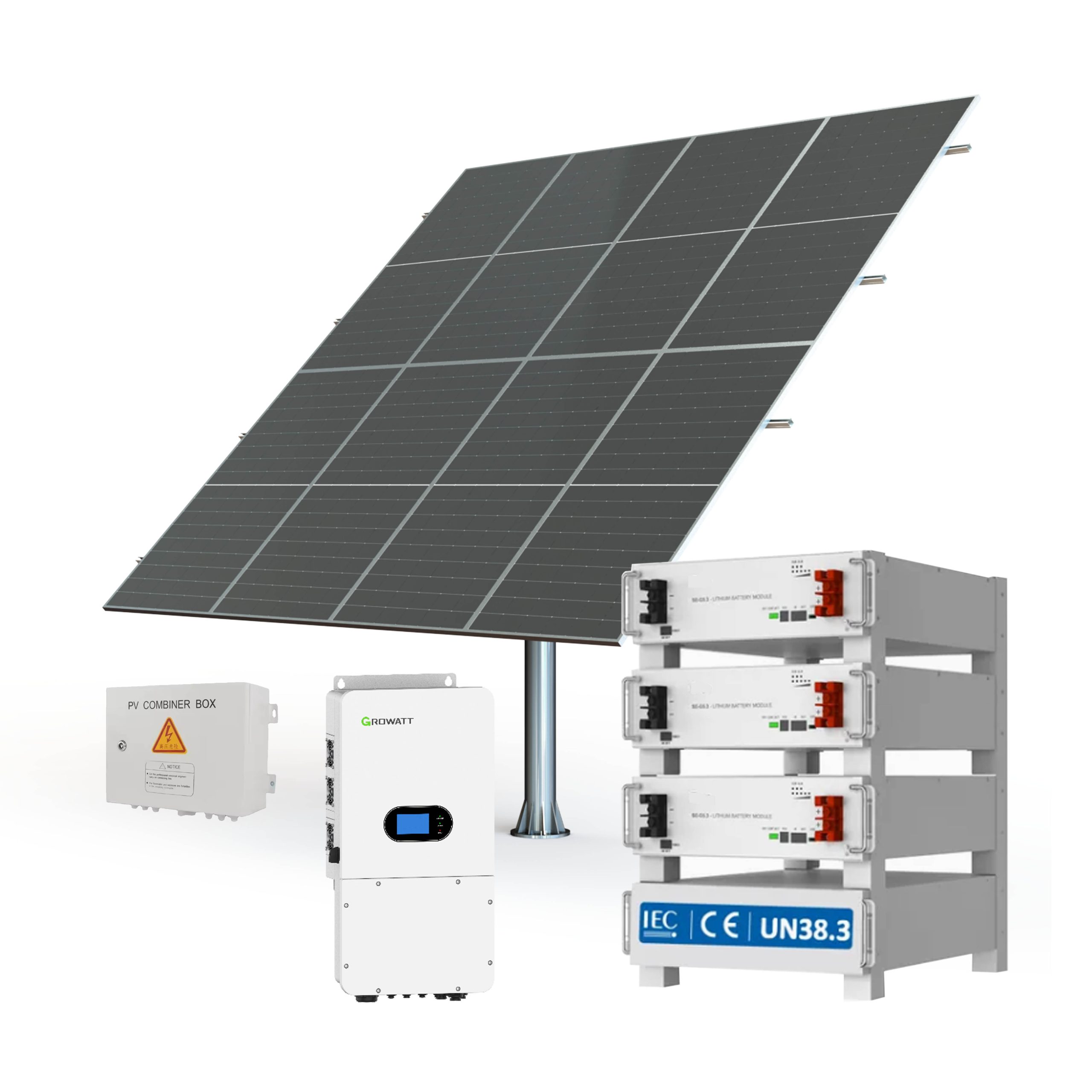
The Vital Role of Batteries in Farm Solar Energy Systems
In the agricultural sector,where energy demands are high and reliability is crucial,solar energy systems have become an increasingly popular choice for powering farms.One of the most critical components of these systems is the battery.Batteries play a pivotal role in ensuring that solar energy systems on farms are not only efficient but also resilient and cost-effective.This article explores the importance of batteries in farm solar energy systems and how they contribute to the overall sustainability and functionality of modern farming operations.
The Importance of Batteries in Farm Solar Energy Systems
1.Energy Storage and Reliability
Farms often require a consistent and reliable energy supply to power essential operations such as irrigation,lighting,refrigeration,and machinery.Solar panels generate electricity during the day,but energy demands on a farm can extend into the night or during periods of low sunlight.Batteries store excess solar energy generated during peak sunlight hours,ensuring a continuous power supply even when the sun is not shining.This reliability is crucial for maintaining farm operations without interruption.
2.Reducing Grid Dependency
By storing solar energy in batteries,farms can significantly reduce their reliance on the grid.This not only lowers energy costs but also enhances energy independence.During peak sunlight hours,excess energy can be stored in batteries,and during periods of high energy demand or grid outages,the stored energy can be used to power essential farm operations.This dual functionality makes batteries an essential component for achieving energy self-sufficiency.
3.Cost Savings
Investing in a battery storage system can lead to substantial long-term cost savings.By storing excess solar energy,farms can avoid purchasing expensive grid electricity during peak hours.Additionally,batteries can extend the lifespan of solar panels by reducing the stress on the system during periods of high energy demand.This results in lower maintenance costs and a more efficient overall system.
4.Environmental Benefits
Batteries contribute to the environmental sustainability of farm operations by enabling the use of clean,renewable energy.By storing solar energy,farms can reduce their carbon footprint and contribute to a greener planet.This aligns with the growing trend of sustainable farming practices and can enhance the farm’s reputation in the market.
Types of Batteries for Farm Solar Energy Systems
1.Lithium-Ion Batteries
Lithium-ion batteries are the most popular choice for solar energy systems due to their high efficiency,long lifespan,and compact size.They offer excellent energy density,meaning they can store a significant amount of energy in a relatively small space.Lithium-ion batteries are also known for their durability and ability to withstand frequent charging and discharging cycles.
2.Lead-Acid Batteries
Lead-acid batteries have been used in solar energy systems for many years and are known for their reliability and affordability.While they are less efficient and have a shorter lifespan compared to lithium-ion batteries,they offer a cost-effective solution for farms with lower energy storage needs.Lead-acid batteries require regular maintenance,including checking and topping up electrolyte levels.
3.Flow Batteries
Flow batteries are a newer technology that offers some unique advantages for solar energy storage.They can store large amounts of energy and are highly scalable,making them suitable for larger farms with significant energy demands.Flow batteries also have a long lifespan and can be charged and discharged multiple times without significant degradation.
Choosing the Right Battery for Your Farm Solar Energy System
When selecting a battery for your farm solar energy system,consider the following factors:
• Energy Storage Capacity:Determine the amount of energy your farm requires during periods of low sunlight or grid outages.
• Battery Lifespan:Choose a battery with a long lifespan to ensure long-term reliability and reduce replacement costs.
• Efficiency:Select a battery with high efficiency to maximize the amount of energy stored and retrieved.
• Maintenance Requirements:Consider the maintenance needs of the battery to ensure it operates efficiently over time.
• Budget:Balance the cost of the battery with its performance and lifespan to find the best value for your farm.
Batteries are an essential component of farm solar energy systems,providing reliability,reducing grid dependency,and contributing to cost savings and environmental sustainability.By investing in a high-quality battery storage system,farms can harness the full potential of solar energy,ensuring a continuous and efficient power supply.Whether you are looking to power your irrigation systems,refrigeration units,or other essential farm operations,a well-designed battery storage system is a smart and sustainable choice.Embrace the future of sustainable farming today with a reliable and efficient farm solar energy system.
